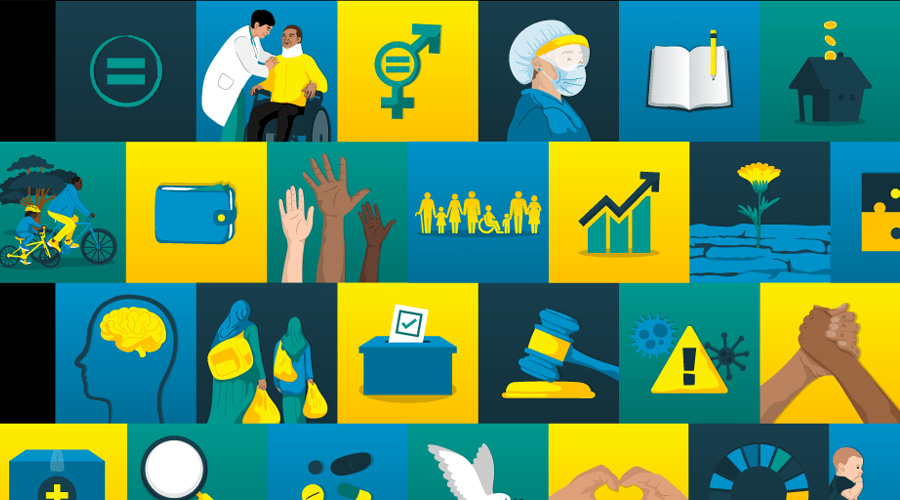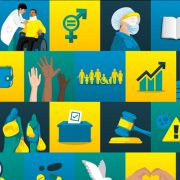
Is AI the future of healthcare communication or a patient safety risk?
California has taken another significant step in regulating artificial intelligence (AI) with the passage of Assembly Bill No. 3030 (AB 3030). This new law, effective January 1, 2025, establishes guidelines for healthcare providers using AI-generated communications with patients. The legislation seeks to enhance transparency and patient safety while aligning with California’s broader push to regulate AI across industries.
Key Provisions of AB 3030
AB 3030 specifically targets unvetted communications generated by AI. When healthcare providers use AI to create messages related to a patient’s clinical information, those messages must include a disclaimer. The disclaimer must clearly state that the communication was generated by AI. Additionally, the message must include clear instructions on how the patient can contact a human provider.
These requirements apply only to specific healthcare settings, including health facilities, clinics, physician’s offices, and offices of group practices. Importantly, if a human provider reviews and approves the AI-generated communication before it is sent, the disclaimer and contact information are not required. This distinction emphasizes the importance of human oversight in sensitive healthcare communications.
Enforcement and Penalties
AB 3030 does not prescribe specific penalties for violations. Instead, it defers disciplinary actions to the existing oversight bodies for the respective entities. For instance, the California Medical Board or Osteopathic Medical Board may handle cases involving physicians. This approach integrates the new law into the state’s existing healthcare regulatory framework without adding a separate enforcement mechanism.
An Anomaly in California Healthcare Privacy Law
California has long been known for its robust privacy laws, particularly in the healthcare sector. However, AB 3030 stands out due to its brevity—spanning roughly one page—and the lack of significant publicity surrounding its passage. In contrast to other high-profile healthcare privacy laws, AB 3030 received little fanfare from the governor or the Legislature.
Despite its modest profile, AB 3030 is part of a larger movement. In September 2024 alone, Governor Gavin Newsom signed 18 laws focused on generative AI, signaling California’s commitment to regulating the technology across various industries. AB 3030’s passage underscores the state’s effort to address the potential risks and ethical concerns associated with AI, particularly in critical areas like healthcare.
Preparing for Compliance
Healthcare providers in California must ensure compliance with AB 3030 by January 1, 2025. Providers already using generative AI should audit their systems and processes to identify communications that fall under the law’s scope. This includes ensuring that all unvetted AI-generated messages include the required disclaimer and contact information.
Providers planning to adopt AI systems in the future should incorporate AB 3030’s requirements into their implementation strategies. Collaboration with legal and compliance teams will be crucial to avoid disciplinary actions and maintain patient trust. Additionally, healthcare facilities should train staff to recognize the distinction between vetted and unvetted AI communications to ensure proper compliance.
Broader Implications for Healthcare AI
AB 3030 reflects growing concerns about the ethical use of AI in healthcare. Generative AI has the potential to revolutionize patient communications, improving efficiency and access to information. However, it also poses risks, particularly when used without human oversight. Errors in AI-generated messages could lead to misinformation, misdiagnosis, or harm, making transparency and accountability essential.
By mandating disclaimers for unvetted communications, AB 3030 reinforces the need for human involvement in AI-powered healthcare. Patients must have access to human providers who can clarify or address concerns arising from AI-generated messages. This balance between technological innovation and human oversight ensures patient safety while leveraging the benefits of AI.
California’s Broader Push for AI Regulation
AB 3030 is one piece of California’s broader regulatory efforts in the AI space. Governor Newsom’s signing of 18 generative AI laws in September alone highlights the state’s proactive approach to addressing AI’s societal impact. These laws span various sectors, including healthcare, finance, education, and public safety.
California’s leadership in AI regulation could set a precedent for other states and countries. By addressing specific use cases, such as healthcare communications, the state is creating a framework for ethical and responsible AI adoption. These efforts aim to strike a balance between fostering innovation and protecting public interests.
Challenges and Criticism
While AB 3030 has been praised for its focus on transparency, some experts have raised concerns about its ambiguity. For example, the law does not define what constitutes a “digital asset” or provide detailed guidelines for determining the length of time an asset is held. The reliance on MiCA regulations, which may exclude certain tokens, further complicates implementation.
Additionally, critics argue that the law’s scope is too narrow. By applying only to unvetted communications in specific healthcare settings, AB 3030 may leave gaps in oversight. Broader regulation may be needed to address AI use in areas such as telemedicine, remote monitoring, and patient education.
The Road Ahead
California’s AB 3030 represents an important step in regulating AI in healthcare. By emphasizing transparency and human oversight, the law seeks to protect patients while enabling the responsible use of AI. As healthcare providers prepare for compliance, the legislation serves as a reminder of the evolving relationship between technology and patient care.
As AI continues to transform healthcare, similar laws may emerge in other states and countries. California’s approach provides a model for addressing the ethical and practical challenges of integrating AI into sensitive industries. By prioritizing accountability and safety, the state is paving the way for a future where AI enhances, rather than undermines, the quality of care.



















